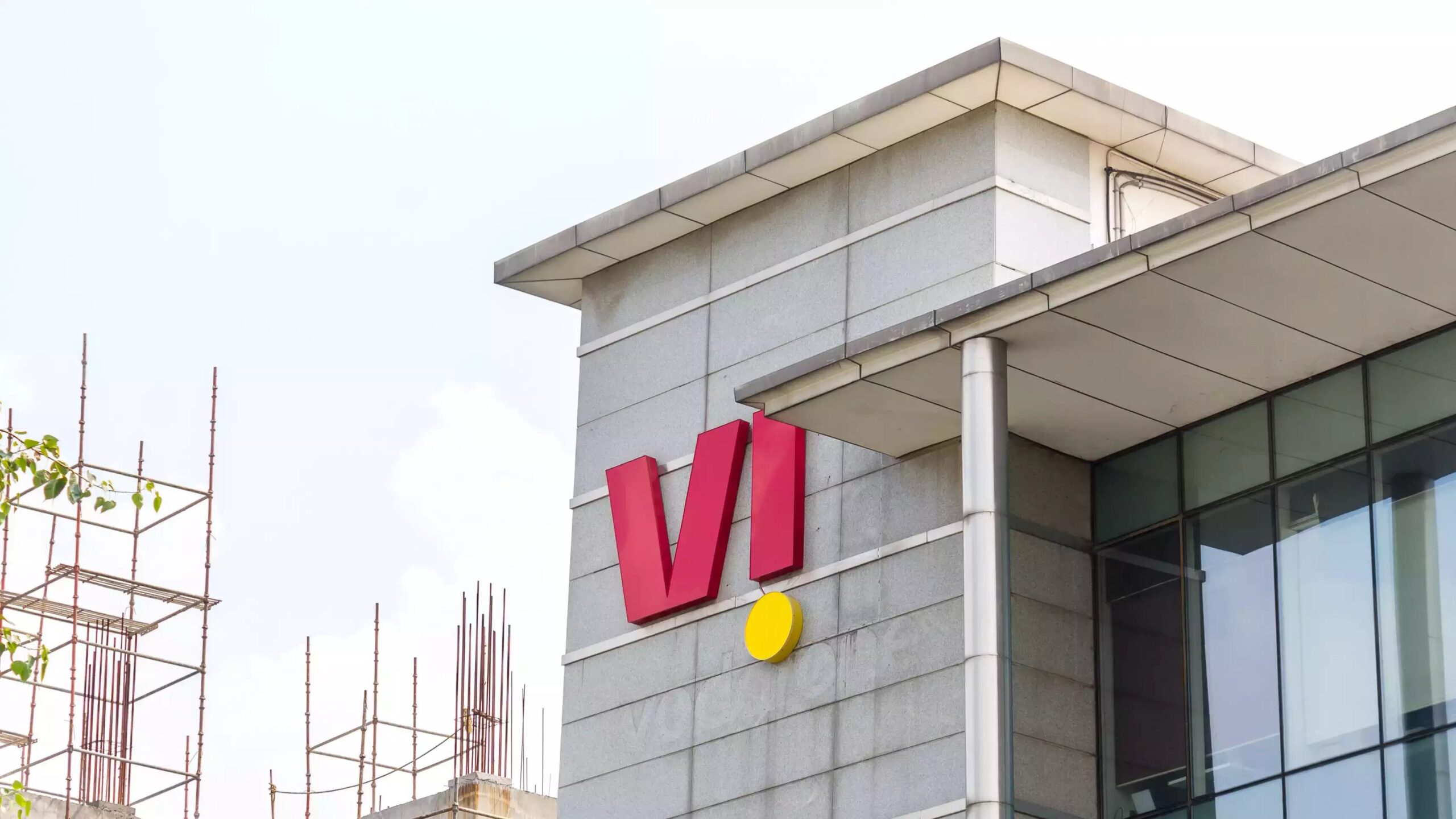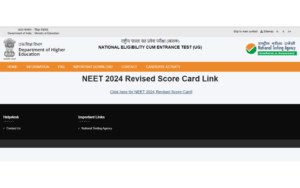
The informal sector which is considered to be the backbone of Indian economy is estimated to employ over 90% of all working women in the country, as per a report by Human Rights Watch (HRW). To enable such women to earn their livelihoods in a safe environment and overcome various social, cultural barriers, and gender bias, Vi Foundation, the CSR arm of Vi, in collaboration with NASSCOM Foundation’s Connecting for Good programme and Martha Farrell Foundation has unveiled ‘MyAmbar Suraksha Chakra’ – a solution for the safety of women in the informal sector. This innovative solution expands on the success of the ‘MyAmbar’ app which is widely used across India to address all aspects of gender based violence.
The solution was unveiled by P Balaji, Director – Vi Foundation, and Chief Regulatory & Corporate Affairs Officer, VIL; Nidhi Bhasin, CEO, NASSCOM Foundation; and Nandita Pradhan Bhatt, Director, Martha Farrell Foundation.
Celebrating the occasion of International Women’s Month 2023, Vi Foundation also launched this year’s edition of the book ‘Women of Wonder – Technology that Empowers Women’ which features inspiring stories of women who have broken through gender bias and overcome barriers to achieve success and fulfil their potential. Vi Foundation also felicitated select women beneficiaries from its social programmes for reaching the pinnacle of success in their field of work. These women have set a shining example for others to get inspired from.
Speaking on the occasion, P. Balaji, Director, Vi Foundation and Chief Regulatory & Corporate Affairs Officer, VIL, said, “Women are change makers – in the workplace, at home, neighborhood, and society at large. At Vi, we have been at the forefront of utilizing the transformative power of technology for women empowerment, safety and livelihood creation, thus helping build an equitable world. In addition to our host of programmes aimed at providing livelihood opportunities, education and skills, it gives me immense pleasure to introduce our novel tech solution ‘MyAmbar Suraksha Chakra’ today. It aims to create a world where every woman worker in the informal sector has the opportunity to thrive and reach her full potential in a safe environment. I am also delighted to launch our specially curated ‘Women of Wonder’ book to inspire more people to join us in our mission to remove gender bias and promote gender equality. I strongly believe that our collective efforts can help our nation progress from women’s development to women-led development.”
The solution ‘MyAmbar Suraksha Chakra’ marks an important milestone in the ongoing efforts to promote gender equality in communities and informal organizations, and aims to connect all stakeholders, including local committees, to ensure the safety of women against workplace harassment. By leveraging technology, this new initiative is designed to empower women to take control of their lives and feel more confident and secure in their everyday lives.
‘MyAmbar Suraksha Chakra’ is designed to enable district administrations to set up local committees for prevention, prohibition and redressal of any kind of harassment of women at workplace. The platform additionally aims to create an ecosystem where women experiencing harassment can access time-bound justice, information and support. The bi-lingual platform (available in English and Hindi) will additionally enable women informal workers to file complaints with their local committees without hassle, and access a rich repository of information on laws and prevention of harassment at workplace, among other things.
Nidhi Bhasin, CEO, NASSCOM Foundation, said, “At NASSCOM Foundation, we strongly believe in the power of technology as a tool for social change. We are proud to unveil MyAmbar Suraksha Chakra, a solution that leverages the latest advances in digital innovation to help women across India feel more secure and confident in their daily lives. Through its ability to connect with district administrations and local committees for prevention, prohibition, and redressal of sexual and workplace harassment, this solution represents a major step forward in the fight for gender equality and justice. We look forward to working with Vi Foundation and Martha Farrell Foundation to ensure that women everywhere have access to the tools and resources they need to live safely, confidently, and without fear.”
Speaking on the unique solution, Nandita Pradhan Bhatt, Director, Martha Farrell Foundation, said, “We have been closely engaged with women informal workers, Local Committees and District Administrations for the last few years to facilitate the strengthening of redressal mechanisms under the PoSH Act 2013. The ‘MyAmbar Suraksha Chakra’ solution has come from our close engagement on the issue and is the next step in bridging the gap between women informal workers and the Local Committees to ensure timely and just redressal.”
At the event, a highly insightful and engaging panel discussion was held on the topic ‘Digital Diversity: Fostering Inclusion & Gender Equality through Technology’. The panel was graced by experts such as Dr. Rajesh Tandon, Chairperson at Martha Farrell Foundation, Founder President of PRIA and UNESCO Co-Chair in Community Based Research and Social Responsibility in Higher Education; Shobha Mishra Ghosh, Director & Head, Government Affairs & Public Policy, India & South Asia, GE Healthcare; and Prof Rupa Manjari Ghosh, Advisor, Shiv Nadar Foundation.
Vi Foundation has several programmes across various domains such as agriculture, education, financial inclusion and livelihood and, gender equality that transform the wellbeing of millions of Indians including women.
RUDI Sandesha Vyavahar, a mobile based solution, enables rural saleswomen manage their orders and control inventory thereby increasing their income and quality of life. MyAmbar app helps women in distress to reach out for support. Jaadu Ginni Ka, a technology-led learning solution, promotes financial inclusivity where women can manage their finances better. Jigyasa helps teachers learn digital skills, create digital content and improve learning outcomes for their students. Gurushala, online learning platform, ensures equal opportunity and access to quality education for the girl child. Girl Rising, a mobile game, sensitizes youngsters on gender stereotypes and addresses discriminatory practices, in an engaging storytelling format. SmartAgri helps women farmers achieve financial independence with the help of cutting-edge data-led farming.










